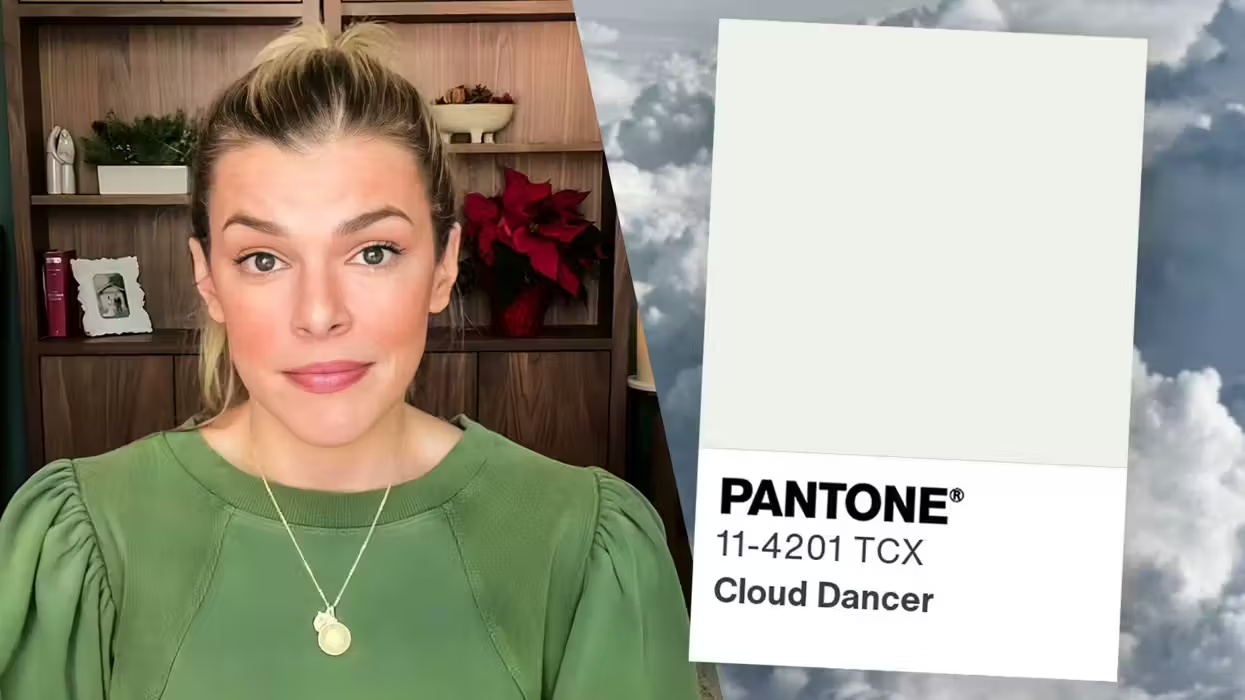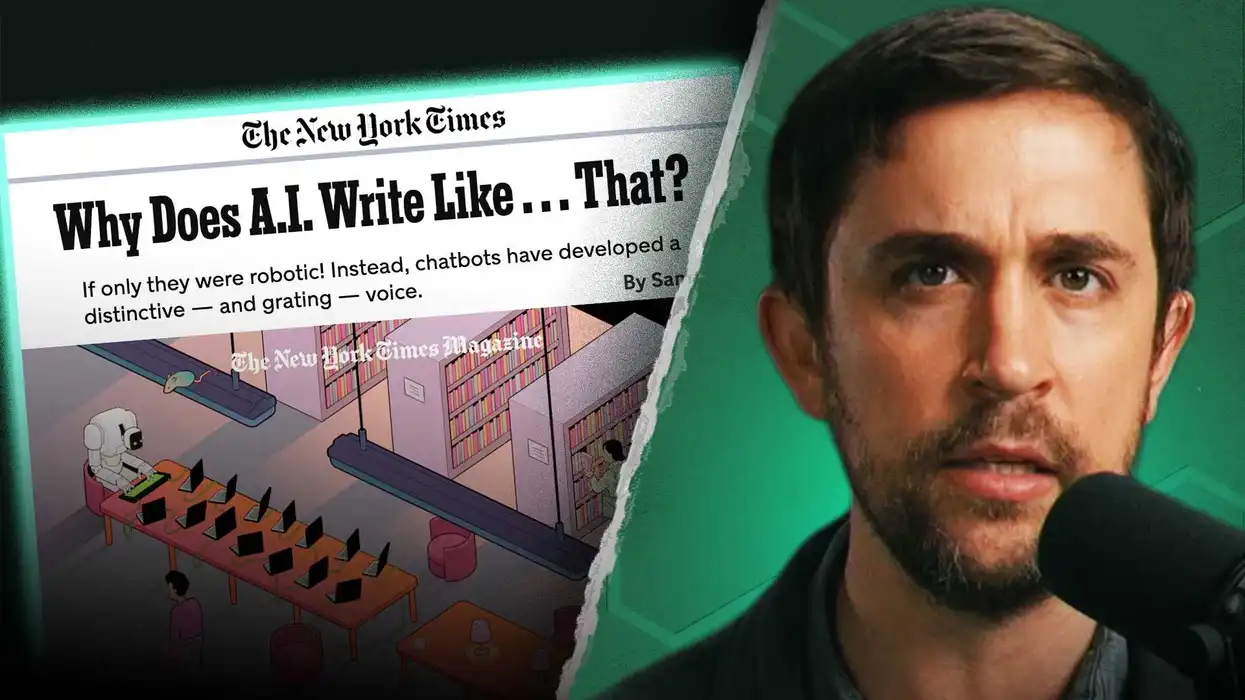White House press secretary Jay Carney defended President Barack Obama's authority to take unilateral action on health insurance plans – even comparing it to the administration’s action last year not to prosecute certain illegal immigrants.
 White House press secretary Jay Carney answers a question during the daily press briefing at the White House in Washington, Tuesday, Nov. 12, 2013. Carney answered questions on negotiations with Iran over their nuclear program, and the ongoing rollout of the new health care law. (AP Photo/ Evan Vucci) AP Photo/ Evan Vucci
White House press secretary Jay Carney answers a question during the daily press briefing at the White House in Washington, Tuesday, Nov. 12, 2013. Carney answered questions on negotiations with Iran over their nuclear program, and the ongoing rollout of the new health care law. (AP Photo/ Evan Vucci) AP Photo/ Evan Vucci
Carney also reiterated the pledge to veto House bill to allow people to keep their insurance plans cancelled as a result of Obamacare, even after 39 Democrats joined the House Republican majority to support the bill.
The House bill, sponsored by Rep. Fred Upton (R-Mich.) would allow anyone who had a health insurance policy cancellation, or would get a cancellation, to keep their plan, thus keeping Obama's broken promise that if you like your health care, you can keep it. The administration objects because it would allow new policies that do not comply with Obamacare to still be sold.
Thus Obama unveiled his own plan on Thursday, to preempt the House vote, that would administratively waive insurance companies from having to comply with Obamacare standards for one year, but also require those insurance companies inform consumers that tax credits and other benefits of the Affordable Care Act plans.
But some have questioned Obama's ability to take such an action without Congressional authorization. White House Press Secretary Jay Carney took a question about the president's authority, and said that the health care law defers certain discretion to Health and Human Services Secretary Kathleen Sebelius.
“The secretary's authority can be used in narrow circumstances to ease implementation short of legislative changes. This is one of those instances,” Carney said. “There are individuals for who the implementation of new consumer protections without a transition will result in a loss of an existing plan even though the law includes a section on the preservation of the right to maintain new coverage.”
Carney said it's administrative action that was granted through Congress. He compared it to the Department of Homeland Security's decision in the summer to 2012 not to enforce immigration laws against illegal immigrants that were in the United States before their sixteenth birthday.
“So this type of action was used last year in the administration's policy on deferred action for childhood arrivals on immigration,” Carney said. “That's something that DHS did. This is authority that exists for the secretary to use to help smooth the implementation of this policy.
The administration already delayed the employer mandate by one year.
David Corbin, professor of politics at King's College in New York, said the president clearly doesn't have the constitutional authority.
“The president certainly has some regulatory and prosecutorial discretion in how he executes the law, but he has no legislative power,” Corbin told TheBlaze Thursday. “If his actions in this case (waiver, extensions, etc.) amount to him becoming a lawmaker rather than a law executor, they are unconstitutional.”
The Upton bill in the House passed by bipartisan vote of 261-157.
“The problem with the Upton bill, and why the president will veto it if it ever gets to his desk is – again, whether this is the intention of the author or not – it would basically go back to in that market, the world that existed before,” Carney said.
–
[related]

 White House press secretary Jay Carney answers a question during the daily press briefing at the White House in Washington, Tuesday, Nov. 12, 2013. Carney answered questions on negotiations with Iran over their nuclear program, and the ongoing rollout of the new health care law. (AP Photo/ Evan Vucci) AP Photo/ Evan Vucci
White House press secretary Jay Carney answers a question during the daily press briefing at the White House in Washington, Tuesday, Nov. 12, 2013. Carney answered questions on negotiations with Iran over their nuclear program, and the ongoing rollout of the new health care law. (AP Photo/ Evan Vucci) AP Photo/ Evan Vucci






